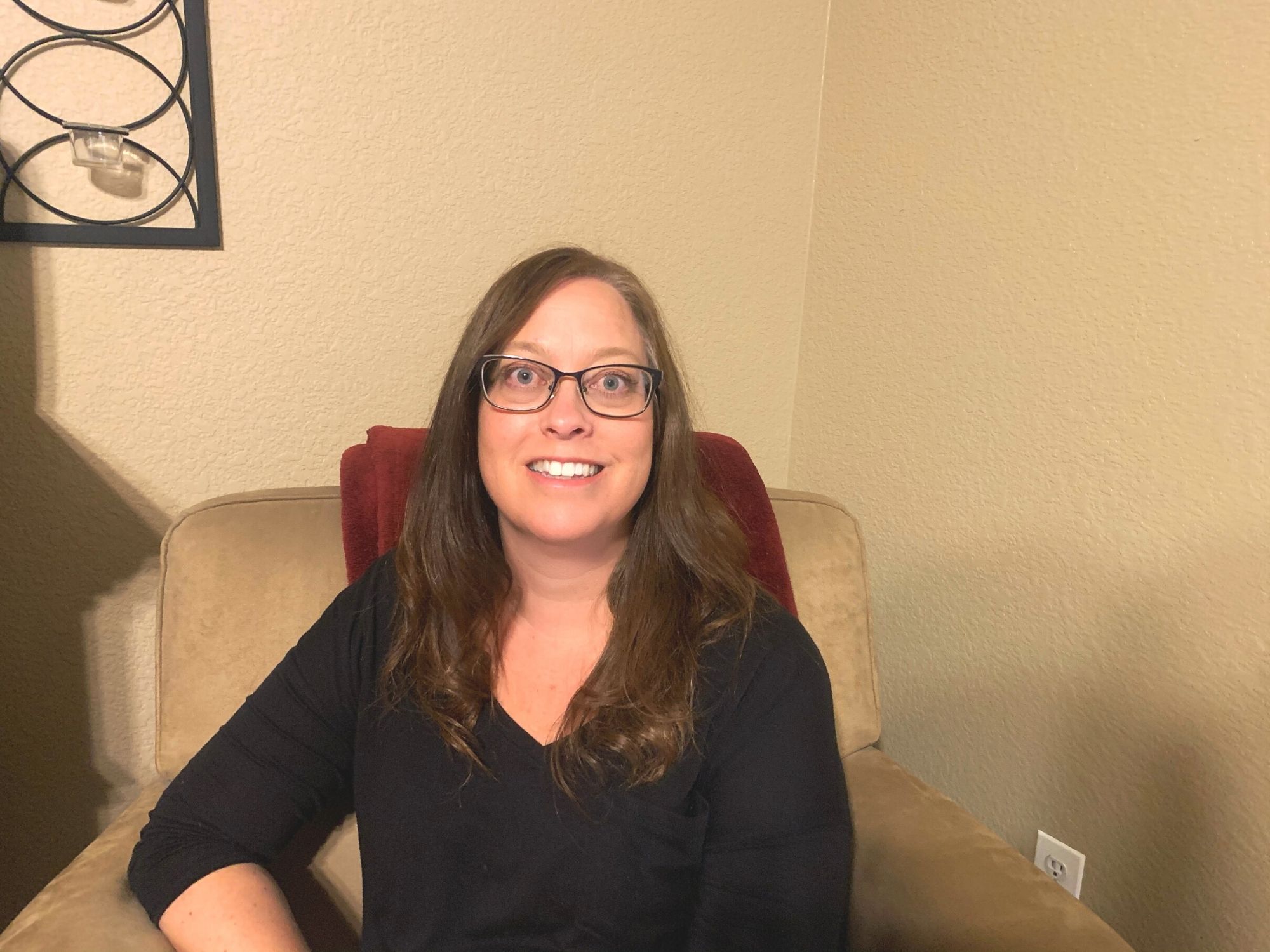
Attrition remains the biggest challenge in the customer experience outsourcing industry, as BPOs and contact centers wrestle with the difficulty of finding and retaining loyal, long-term employees.
With the industry-wide migration to work-at-home, BPO employees are finding new reasons to quit their jobs. The availability of remote CX jobs is increasing fast, so companies must remain competitive and attractive in an ocean of employment possibilities, or risk seeing even higher attrition rates.
Jenny Genge, Activus Connect’s VP of Ambassador Experience Support, is a seasoned industry veteran with over 25 years’ experience in human resources. She spent 15 of those years in the BPO industry specializing in the at-home division of HR, so she knows a thing or two about retention in the work-at-home space.
In a recent discussion with Jenny, we explored the challenges of talent retention in a virtual CX environment, tapping into her unique industry knowledge to provide some advice for companies struggling to hold onto their employees in this competitive industry.
Activus Connect: With so much experience dealing with HR in the work-at-home space, what evolutions have you witnessed in virtual CX delivery and recruitment over the years?
Jenny Genge: Hopefully this doesn’t age me too much, but I remember the days of training remote agents by guiding them through what they see on their computer without the benefit of seeing it myself. In those early days of work-at-home CX, there were no fancy interactive tools for connecting with one another, besides the trusty telephone.
Today, technology is making it possible for people to make real connections with colleagues from the comfort of their own homes. We have access to video calls, breakout rooms, chat functions, and more, bringing people face to face and enabling an unprecedented level of interaction between leaders and employees.
More than ever before, the industry has the opportunity to evolve its approach to virtual technology and, in the process, seriously reduce the challenges of attrition.
AC: Can you explain some of the specific ways companies can better retain virtual workers through the use of technology?
JG: People often leave jobs because of a lack of connectedness with others, so retention is all about building relationships. With the right technology in place, companies can help people forge new relationships and give people a sense of belonging to something that matters, rather than feeling like another name in a chat room. It’s all about getting to know people on a personal level and enabling everybody to do so—that’s how I’ve been able to reduce attrition in the past and will continue to do so at Activus.
As an example, during customer service week we encouraged our Ambassadors to share photos of themselves doing the things they love in their personal lives, giving a chance for everyone to connect with others and show who they really were. There are plenty of creative ways that businesses can approach this, as long as they’re dedicated to learning about people on a human level.
Beyond that, wellness programs are a huge piece of virtual work. In a brick-and-mortar site, there are several moments in the day where you get up and speak to people or move around the facility, but in a work-at-home setting, physical movement is restricted to a much smaller space, so you have to encourage people to get up, take a walk, take regular breaks, make healthy lunches, and get in the right mindset. Technology is great for this, as you can send out regular reminders and communications that reinforce a culture of wellness throughout the organization.
AC: How can HR leaders encourage that personal connection on a day-to-day basis?
JG: As leaders, we should aim to engage with our employees much more in a virtual environment. It’s so easy to instantly hop on a video and have a face-to-face conversation, allowing you to engage with body language and really understand how a person might be feeling, rather than only relying on text chats or phone calls.
It’s important to ask the right questions during one-on-one calls, such as “how are you doing?” “What’s going on in your life?” Leaders should become familiar with their teams so they can recognize if there’s a problem and quickly jump in to help them—it’s not just about stats and metrics, it’s about engaging with others on a human level.
For many years, there was an unspoken taboo in the HR circle that getting to know your people was the wrong approach. Today, we want to learn as much as we can about people, see how they’re feeling, find out if they need support, and focus on more than just the day-to-day business. In my experience, that’s how BPOs can improve retention.
AC: How is Activus Connect working on improvements to its own virtual HR strategy and how is that impacting attrition?
JG: We’re doing a lot of impressive things to build a community and sense of family within the company. Our attrition rate is less than 4%, which is much lower than most traditional BPOs.
Felix and Minerva know many of the Ambassadors by name, so they’ve really made an effort to connect with people. I want to continue building on that culture of family and connection, while also letting our people know that they have growth opportunities. People really appreciate having continuous education and mentoring to take them from Ambassador to Supervisor to Manager and beyond—we want everyone to find success and reach their goals.
—
To read more leadership spotlights, check out the links below.